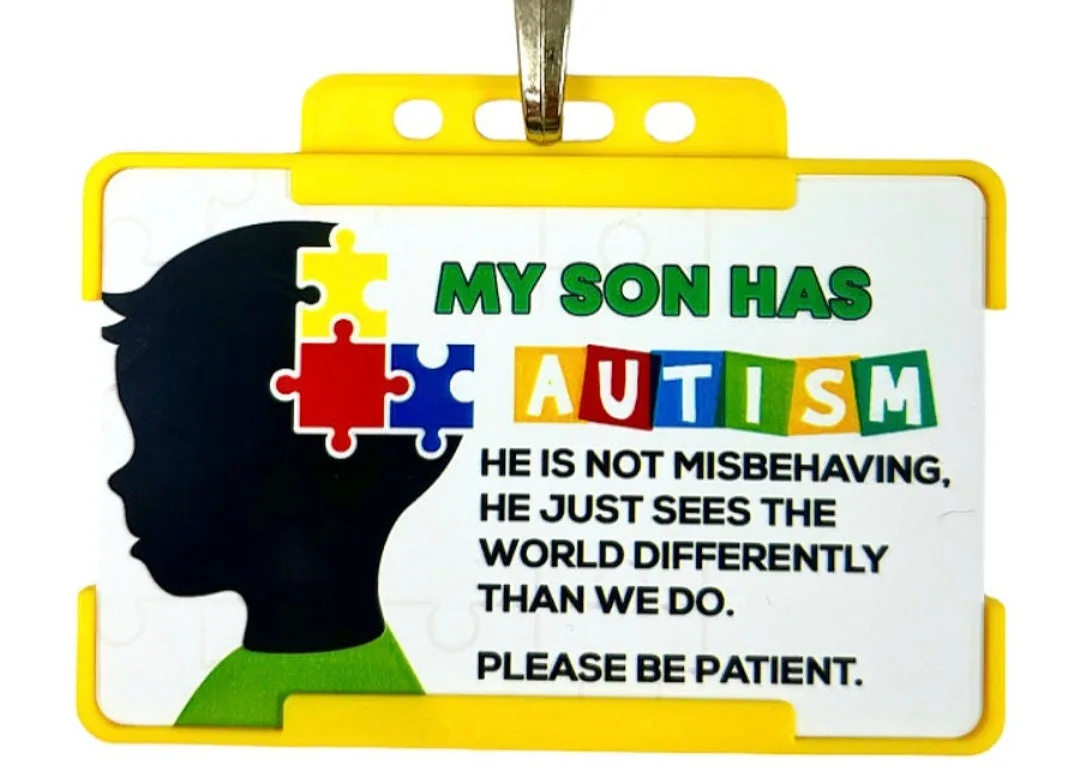A recent case highlights the profound challenges faced by parents in alcohol recovery who are raising autistic children, revealing a complex interplay of stress, responsibility, and the need for specialized support.

October 5, 2025

Source:
Etsy
The Burden on Autistic Children
A parent's struggle with alcoholism can place an immense and often unseen burden on their children. This weight is uniquely challenging for autistic children, who may develop an inappropriate sense of responsibility for their parent's addiction.
A Misplaced Responsibility
The case of an 11-year-old autistic boy physically removing alcohol from his home is a stark example of this dynamic. Due to a need for predictability and safety, autistic children may adopt concrete, literal strategies to manage a crisis they do not fully understand. According to the Child Mind Institute, children with autism thrive on routine and can experience significant distress when their environment is chaotic.
Vulnerability and Processing Styles
The unique processing styles of autistic children can make them particularly vulnerable. Their literal thinking and heightened need for a secure environment mean the unpredictable nature of an addicted parent's behavior can be profoundly damaging. They may internalize the chaos, believing they are somehow the cause of the problem.
Keep up with the story. Subscribe to the PR+ free daily newsletter

Source:
Unpacking the Link: Alcoholism and Autism
Scientific research has established a significant connection between parental alcohol use disorders and the risk of autism in their children. This link is multifaceted, involving genetics, prenatal factors, and environmental stress.
Significant Statistical Risks
A comprehensive study of Swedish national medical registries revealed alarming statistics. The research, highlighted by the National Institutes of Health (NIH), found that children of parents with an alcohol use disorder face an increased risk of autism. The study suggested that approximately 4% of autism cases could be preventable if parents avoided excessive alcohol consumption, especially before a child's birth.
Potential Contributing Factors
The mechanism behind this connection is believed to involve several elements:
Genetic Predisposition: A potential shared genetic vulnerability may exist for both alcohol use disorder and autism.
Prenatal Exposure: Alcohol consumption during pregnancy can lead to conditions like fetal alcohol syndrome, which has symptoms that overlap with autism.
High-Stress Environment: The chronic stress and instability common in homes affected by addiction can impact a child's development.
Read More

Source:
Share this news:




















